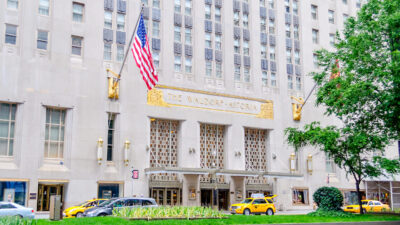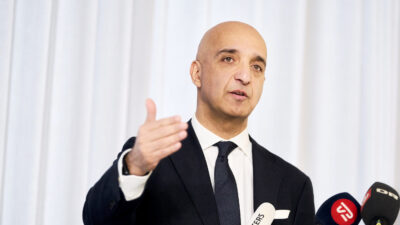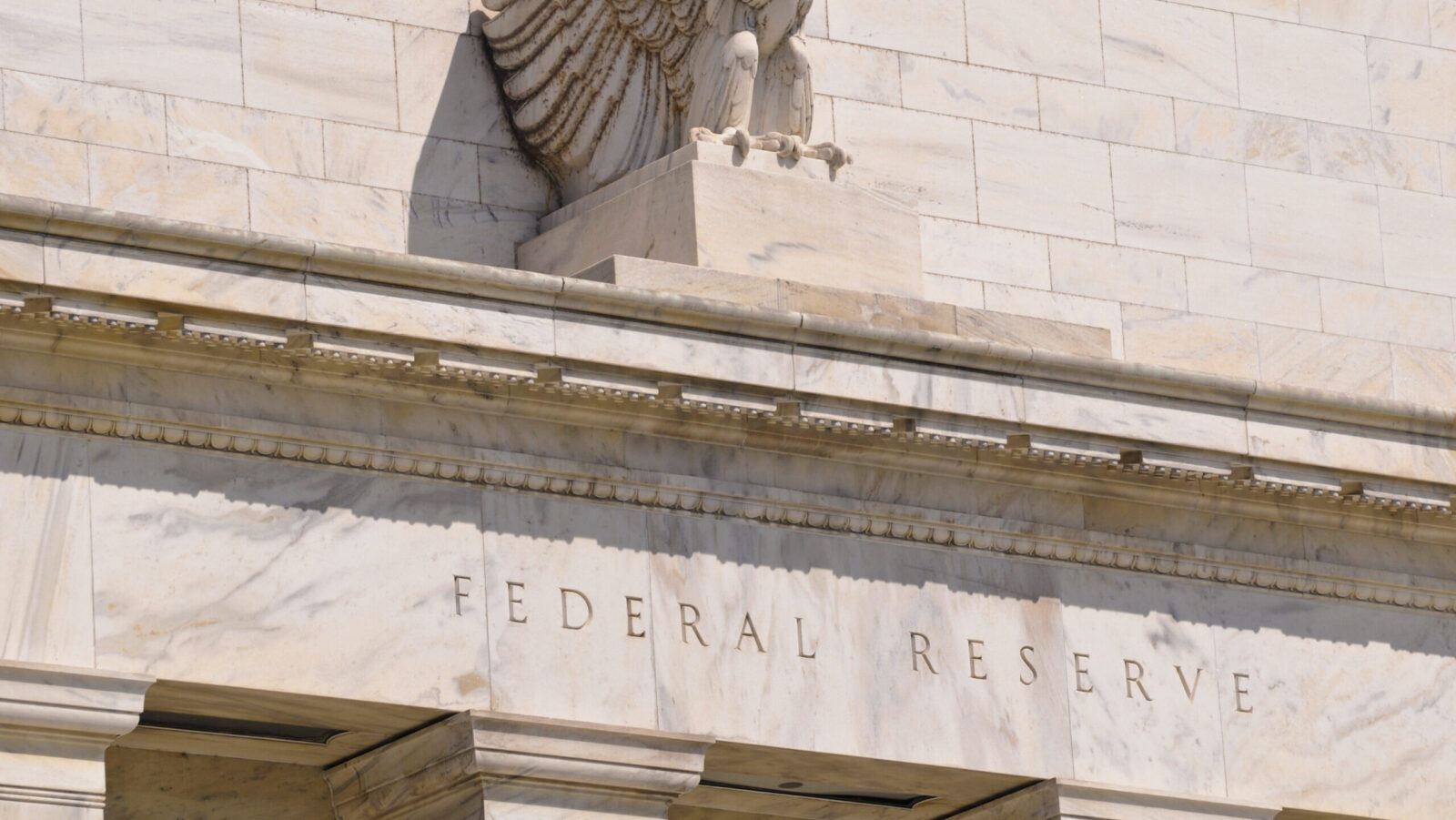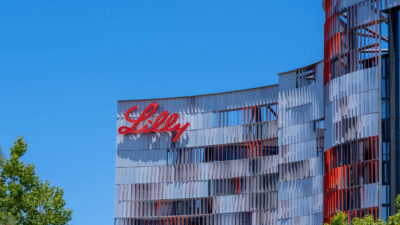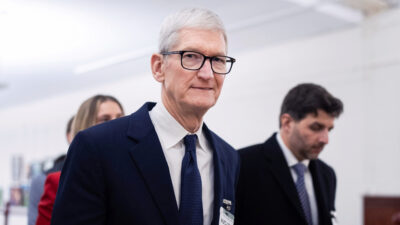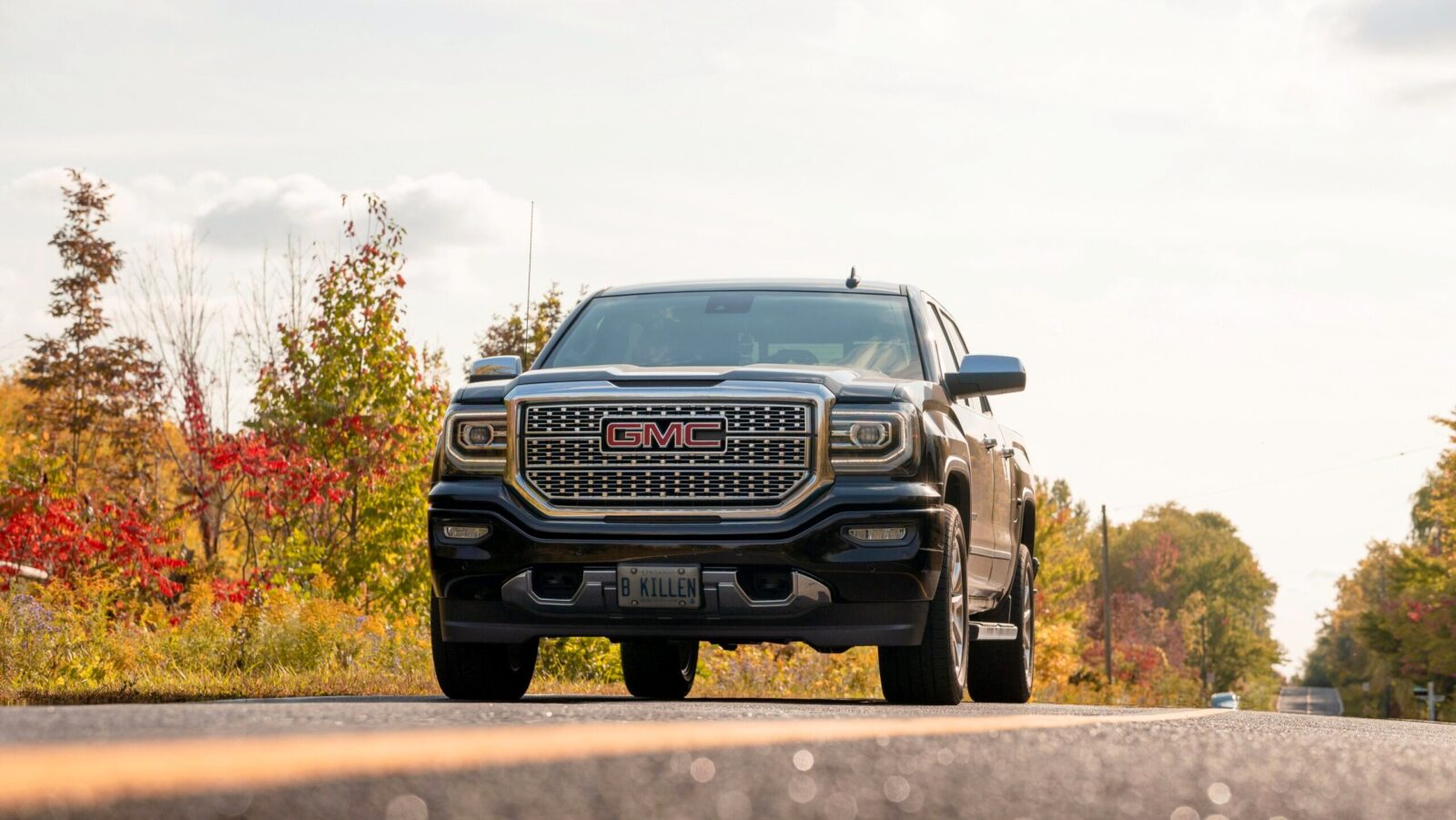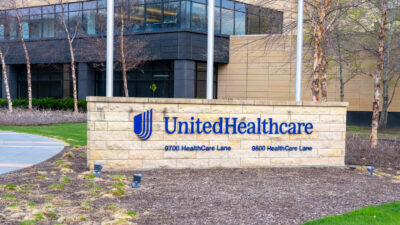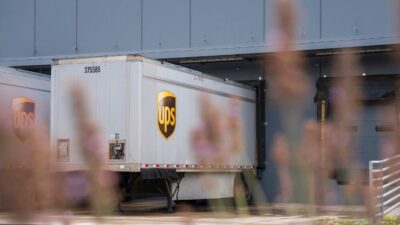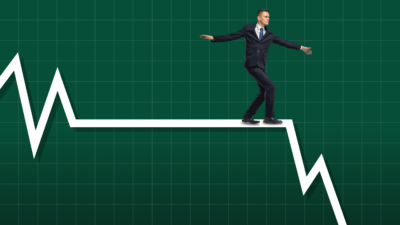Pfizer’s Drug Price Deal with White House Gives Big Pharma a Booster Shot
A 2024 RAND study found that US drug prices are 278% higher than in 33 other developed countries in the OECD.
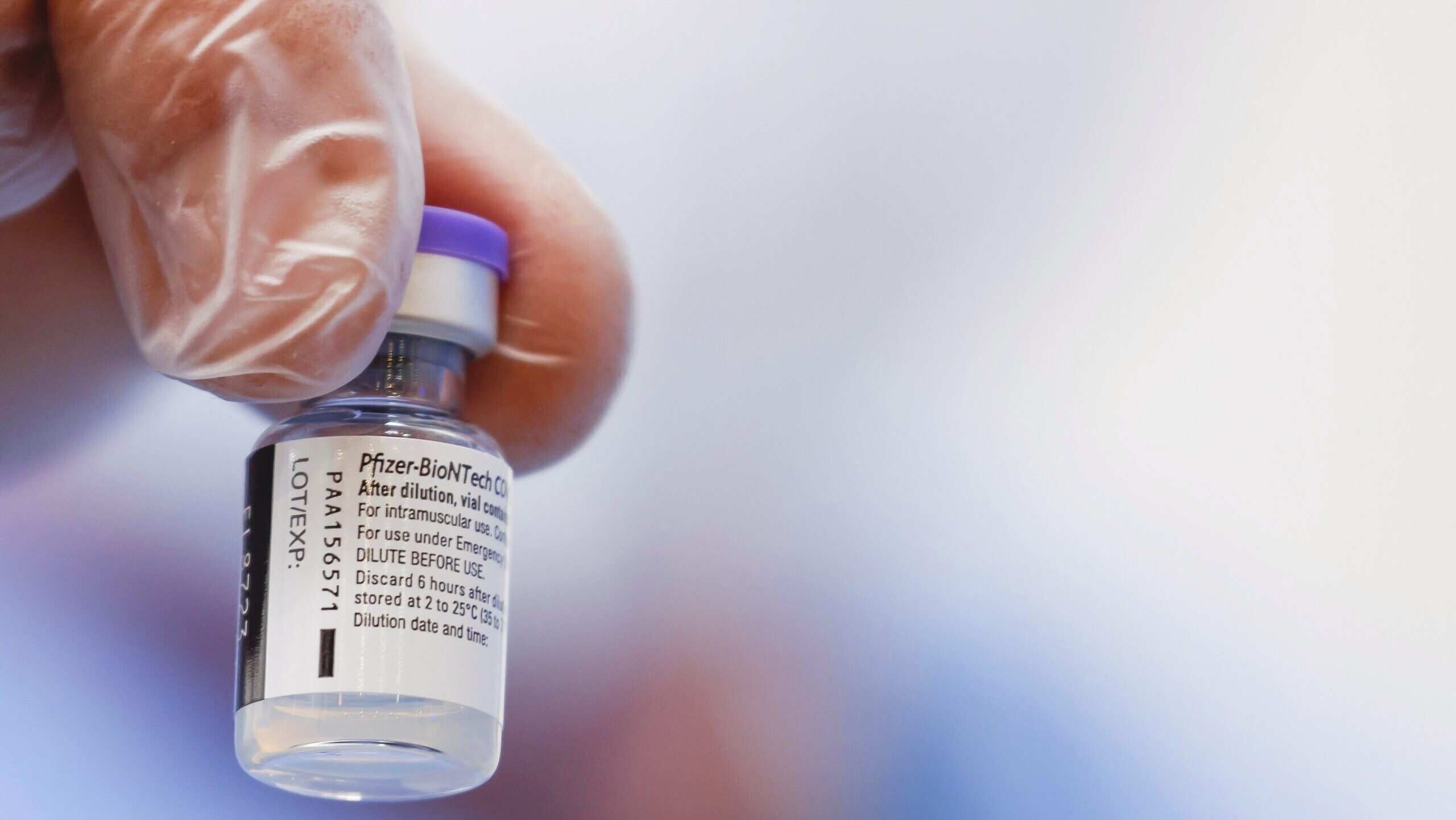
Sign up for smart news, insights, and analysis on the biggest financial stories of the day.
Take a chill pill, investors. Pfizer plans to cut US medication prices as part of an agreement with the White House that analysts say can help restore confidence in the prescription drug industry after months of policy tumult.
In exchange, Washington will grant Pfizer a three-year exemption from potentially onerous tariffs on pharmaceutical imports, provided it maintains a commitment to expand US research and manufacturing capacity.
Double Trouble
The Trump administration has focused on two issues that directly impact the pharmaceutical industry’s bottom line. First, there are prices. A 2024 RAND study found that US drug prices are 278% higher than in 33 other developed countries in the Organization for Economic Cooperation and Development. For brand-name drugs, that climbs to a staggering 422%. The Trump administration announced in May that it would attempt to address the disparity through a “most favored nation” policy that pressures pharmaceutical companies to slash US price tags to equal the lowest offered in comparable developed economies. In May, the president sent letters to 17 pharma CEOs, including Pfizer’s, urging them to commit to most-favored-nation prices for all treatments to Medicaid patients — and for all patients on future drugs — by September 29.
Second, there’s manufacturing. A study by supply chain and risk compliance firm Exiger earlier this year found that 75% of essential medicines in the US are imported, the majority from China and India. “The fundamental problem is we’ve incentivized people to move everything offshore,” Mark Ey, the COO of the National Community Pharmacists Association, told an Axios roundtable in May. Trump said the US will place a 100% tariff on brand-name or patented pharmaceutical imports starting today. The Pfizer deal, meanwhile, set a key precedent for how drugmakers can earn slack in exchange for compliance, with markets signaling approval:
- Pfizer said it will offer discounts on drugs averaging 50% and up to 85%, including the most-favored-nation price for Medicaid. The company also pledged to invest $70 billion in US manufacturing, keeping its imports tariff-free for three years.
- Shares of Pfizer jumped 6.2% on Tuesday. BMO Capital Markets analysts wrote in a note that the deal was a plus for not only Pfizer stock, but also the entire pharma sector: “Today’s deal seems to set a path for other pharmaceutical players to follow, allowing for headline pricing concessions and a Trump ‘win’ without more punitive implementation of MFN/tariffs.”
Deals on Deck: On Monday, the country’s largest drug lobby group committed to more investments in US manufacturing, as well as the creation of a website where consumers can directly purchase drugs for lower prices. President Donald Trump said Tuesday that deals similar to Pfizer’s are forthcoming. That helped to lift shares in other major pharma companies that received presidential missives: Merck rose 6.1% Tuesday, Eli Lilly 5.2%, AbbVie 3.7%, and Bristol Myers Squibb 2.3%.

